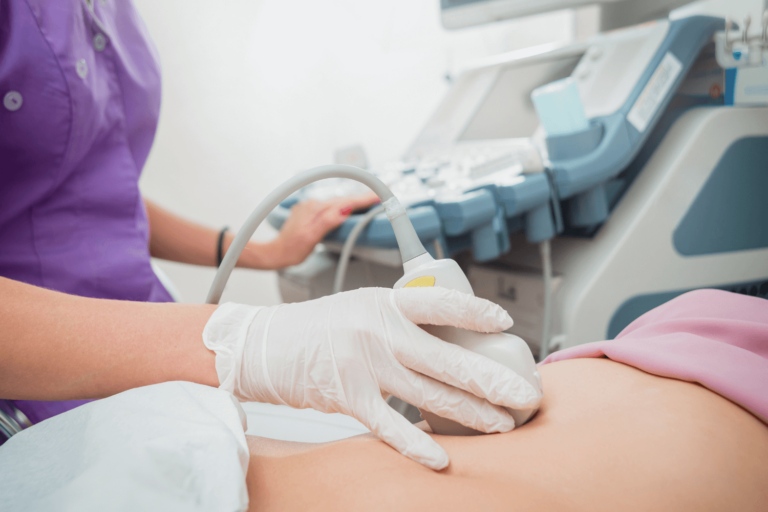Pregnancy is a transformative journey that demands careful consideration of various factors to ensure the well-being of both the mother and the unborn child. One critical aspect that requires heightened attention is alcohol consumption during pregnancy. You’ve probably seen it referred to on TV or even amongst your friends – someone declines an alcoholic beverage, and everyone assumes they are pregnant. This blog post aims to shed light on the effects of alcohol use while pregnant, exploring the risks and potential consequences associated with this behavior.
Fetal Alcohol Spectrum Disorders
Alcohol consumption during pregnancy poses a significant risk to fetal development, leading to a range of disorders collectively known as Fetal Alcohol Spectrum Disorders (FASDs). FASDs encompass a variety of physical, behavioral, and cognitive abnormalities that can manifest in children exposed to alcohol in utero. There are both physical and neurological effects that alcohol can have on an unborn child.
Physical Effects
Facial Abnormalities: Children with FASDs may exhibit distinct facial features, including a smooth ridge between the nose and upper lip (known as the philtrum), thin upper lip, and small eye openings.
Growth Deficiency: Prenatal alcohol exposure can hinder the growth of the fetus, leading to low birth weight and height. These issues can continue through childhood.
Neurological Effects
Intellectual Impairment: Alcohol use during pregnancy is associated with cognitive deficits, affecting a child’s learning abilities, attention span, and problem-solving skills.
Behavioral Challenges: Children with FASDs may experience difficulties with impulse control, social interactions, and adapting to new situations.
Long-Term Consequences of Alcohol Use During Pregnancy
There are some concerns about long-term consequences for babies with FASDs. The impact of alcohol exposure during pregnancy extends beyond infancy and childhood, affecting individuals into adulthood. Increased susceptibility to mental health issues, difficulties with employment, and a higher likelihood of engaging in risky behaviors are among the long-term consequences associated with FASDs.

Given the potential risks, it is crucial for expectant mothers to prioritize their child’s well-being by avoiding alcohol consumption during pregnancy. Educational initiatives, prenatal counseling, and healthcare provider guidance play pivotal roles in raising awareness about the dangers of alcohol use and promoting a healthy pregnancy.
Choose an Alcohol-Free Pregnancy
The effects of alcohol use during pregnancy are profound and can have lasting implications on a child’s physical, behavioral, and cognitive development. Through awareness, education, and support, we can empower expectant mothers to make informed decisions for the well-being of their unborn children. Many pregnancy centers offer parental education classes covering these types of topics; contact a local pregnancy center to inquire about classes you can take. You can also check out our pregnancy resources for more information on the options available to you. Choosing an alcohol-free pregnancy is a proactive step toward ensuring a healthy and promising future for both mother and child.




